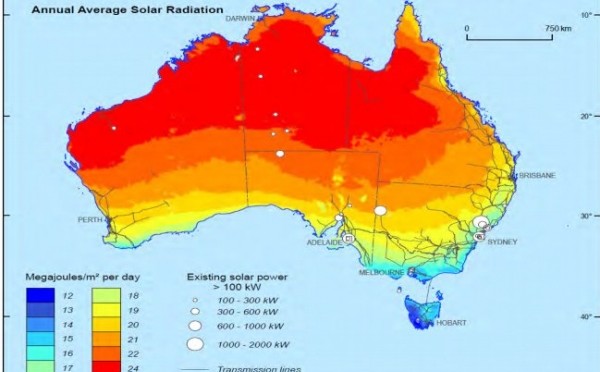Australia is considered one of the two most polluted countries among developed nations, and is also one of the two most affected by extreme weather events.
On Saturday (21 May), Australia’s new president, Anthony Albanese, promises significant changes to climate policy in the country, which has the highest CO2 emission rates among wealthy nations and, at the same time, has experienced a wave of climate-related tragedies.
Albanese is from the Labor Party (centre-left), now linked to the opposition. He defeated rightist Scott Morrison of the Liberal-National coalition and will be sworn in on May 23. But it is not yet clear that his party has a majority in Parliament.
The new government claims in its victory speech that Australia can “seize the opportunity to become a renewable energy superpower”. At the same time, he was pressured to take tougher attitudes towards the high consumption of coal in the country.
As the weather makes Australia increasingly uninhabitable, as climate change is a top concern for Australian voters, who have endured three years of record-breaking bushfires, killing hundreds of people and thousands of millions of dead animals.
The problem becomes even more serious because it converges with a crisis in housing costs: it is estimated that one in 25 houses in Australia will not be able to receive fire or flood insurance, because they are located in areas considered to be at high risk.
One expectation is that this combination of problems will increase with social inequalities and calls for “climate ghettos”: unprotected houses with reduced-price insurance and will be inhabited by vulnerable families, unable to defend themselves from extreme weather events.
Meanwhile, among developed countries, Australia was considered one of the least ambitious in climate policies and has one of the highest greenhouse gas emissions per capita. The country still relies on coal for most of its electricity and is an exporter of fossil fuels.
Incumbent President Morrison, who failed to win re-election, has pledged to cut Australia’s emissions, but current climate policy is seen as a key point that has caused many Australian voters to distance themselves from the current government. A famous scene in the country occurred in 2017, when Morrison brought a lump of coal to Parliament and extolled the importance of fossil fuels to the Australian economy.
Australia is experiencing three years of record-breaking wildfires and flooding, and is one of the two wealthy countries least ambitious in terms of emission reduction targets.
Now, if Labor fails to get past the 76 seats in Parliament to win a majority, independent MPs and the Green Party – groups campaigning for radical action on climate change – may gain more influence in shaping
That may force the new government to adopt a policy with more profound changes, particularly in relation to coal.
In an interview with the BBC shortly after his election victory, Albanese said Australia “has a chance to end the country’s climate wars” and promises more ambitious cuts in greenhouse gas emissions.
“Australian companies know that good actions (against) climate change are good for the economy and (the generation of) business, and I want to join the global effort.”
Albanese will lead the first Labor government in Australia in nearly a decade.
This Monday Albanese will travel to Tokyo (Japan) for a conference between the rulers of Japan, India and the United States, a group known by the acronym Quad.
“It will be an opportunity for us to send a message that there is a change in government and policies on issues such as climate change,” says Albanese.


